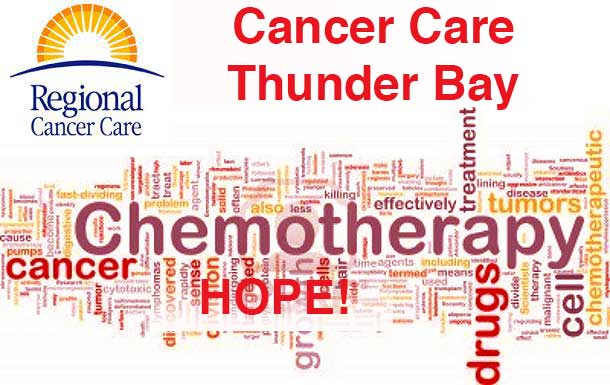THUNDER BAY – HEALTH – Kidney cancer is not as common as breast or prostate cancer. We don’t often hear about it in the media, or think about it when we consider our health risks. However, it’s estimated that in 2015, 6,200 Canadians will be diagnosed with kidney cancer and 1,800 will die from it – a surprisingly large number to read for the first time.
“Kidney cancer is a serious cancer. We call it a ‘silent killer’ because most kidney cancers are found incidentally, similar to ovarian or pancreatic cancers. That is to say that we aren’t necessarily looking for cancer but we find it by coincidence,” explains Dr. Anil Kapoor, leading researcher and uro-oncologist with the McMaster Institute of Urology at St. Joseph’s Healthcare in Hamilton and Chair of Kidney Cancer Canada’s Medical Advisory Board. “Often the first sign of kidney cancer is blood in the urine or pain in the side. If you have blood in your urine or abdomen pain you should see your family doctor right away.”
Like colorectal and cervical cancer, there is a very good cure rate if kidney cancer is found early. For those who don’t find their cancer early, Dr. Kapoor says that kidney cancer treatment research is very promising.
Essentially, there are two classes of treatment drugs: a type that inhibits blood vessel growth of cancer cells and a type that helps to boost the body’s immune system so it can fight cancer cells itself. “In the last 6 months the class of drugs that fall under the ‘immuno-oncology drugs’ have been exploding,” says Kapoor. “Our body is constantly exposed to cancer cells, and normally, our immune systems are able to kill these cells. However, patients with a metastatic cancer can have an immune system that is overwhelmed and unable to kill these cancer cells. So these new drugs are able to supercharge the body’s immune system to help it fight these cells. We are excited about the promise they are showing for kidney cancer patients.”
On Thursday, November 19th Dr. Kapoor will be speaking about emerging treatments and therapies for kidney cancer at Thunder Bay Regional Health Sciences Centre (TBRHSC). When asked what he hopes people will take away from the event, he said ‘hope’. “When patients are diagnosed with stage 4 cancer they are devastated. But, with these new drugs that are coming out, there is hope for patients to live a longer life. With our continuing research we’re hoping to make kidney cancer a chronic disease, and if not that, a cure.”
‘Kidney Cancer: Treatment and Emerging Therapies’ will be hosted in partnership by Kidney Cancer Canada and Regional Cancer Care Northwest at TBRHSC on Thursday, November 19th from 7:00 to 9:30 pm (doors open at 7:00 and the main event starts at 7:30 pm) in Auditorium A (3rd floor) at TBRHSC. The event will also feature a panel with Dr. Kapoor and some local oncologists. Admission is free and the event is also being offered online through the Ontario Telemedicine Network (OTN). For more information about the event or how to access OTN, visit: www.kidneycancercanada.ca.







